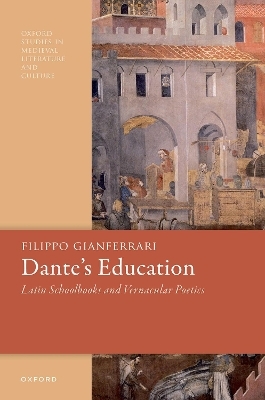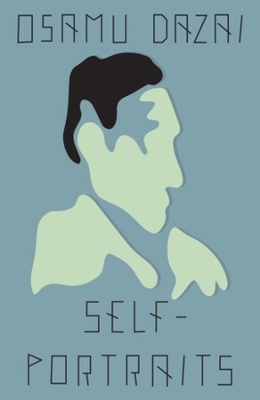
Dante's Education
Oxford University Press (Verlag)
978-0-19-888176-6 (ISBN)
In fourteenth-century Italy, literacy became accessible to a significantly larger portion of the lay population (allegedly between 60 and 80 percent in Florence) and provided a crucial means for the vernacularization and secularization of learning, and for the democratization of citizenship. Dante Alighieri's education and oeuvre sit squarely at the heart of this historical and cultural transition and provide an ideal case study for investigating the impact of Latin education on the consolidation of autonomous vernacular literature in the Middle Ages, a fascinating and still largely unexamined phenomenon. On the basis of manuscript and archival evidence, Gianferrari reconstructs the contents, practice, and readings of Latin instruction in the urban schools of fourteenth-century Florence. It also shows Dante's continuous engagement with this culture of teaching in his poetics, thus revealing his contribution to the expansion of vernacular literacy and education. The book argues that to achieve his unprecedented position of authority as a vernacular intellectual, Dante conceived his poetic works as an alternative educational program for laypeople, who could read and write in the vernacular but had little or no proficiency in Latin. By reconstructing the culture of literacy shared by Dante and his lay readers, Dante's Education shifts critical attention from his legacy as Italy's national poet, and a "great books" author in the Western canon, to his experience as a marginal intellectual engaged in advancing a marginal culture.
Filippo Gianferrari is Assistant Professor of Literature in the Department of Literature at the University of California, Santa Cruz. He has received a BA and MA in Letteratura italiana from the Università degli Studi di Bologna, and a Ph.D. in Medieval Studies from the University of Notre Dame. Before joining UCSC, he has taught at Vassar College and Smith College. He works on Dante, Petrarch, and Boccaccio, lay education, and political theology in the Middle Ages and the Renaissance. Filippo has published mostly on the topic of Dante's intellectual formation and Primo Levi.
Acknowledgments
Abbreviations and Note on Translations
List of Illustrations
Prologue: Learning in the City
1: An Introduction to Literacy and Education in Dante's Florence
2: Learning to Praise: The Vita nova as a Vernacular Reader
3: (Un)like Aesop: Defining the Commedia's Generic Monstrosity
4: Pugna pro patria: Freeing Cato from His Distichs
5: A Lesson in Cross-cultural Pastoral: The Ecloga Theoduli in Purgatorio
6: Re-dressing Achilles, Resisting Proserpina, Surpassing Virgil: The End of the Purgatorial Curriculum
7: "Be Silent, Ovid" (You, Too, Statius and Claudian): Underground Voices in the Prologue to the Paradiso
Epilogue "The school that you have followed"
Bibliography
General Index
References to Dante's Works
| Erscheinungsdatum | 22.08.2024 |
|---|---|
| Reihe/Serie | Oxford Studies in Medieval Literature and Culture |
| Zusatzinfo | 15 illustrations |
| Verlagsort | Oxford |
| Sprache | englisch |
| Maße | 160 x 240 mm |
| Gewicht | 658 g |
| Themenwelt | Geisteswissenschaften ► Sprach- / Literaturwissenschaft ► Anglistik / Amerikanistik |
| Geisteswissenschaften ► Sprach- / Literaturwissenschaft ► Literaturwissenschaft | |
| ISBN-10 | 0-19-888176-2 / 0198881762 |
| ISBN-13 | 978-0-19-888176-6 / 9780198881766 |
| Zustand | Neuware |
| Informationen gemäß Produktsicherheitsverordnung (GPSR) | |
| Haben Sie eine Frage zum Produkt? |
aus dem Bereich


